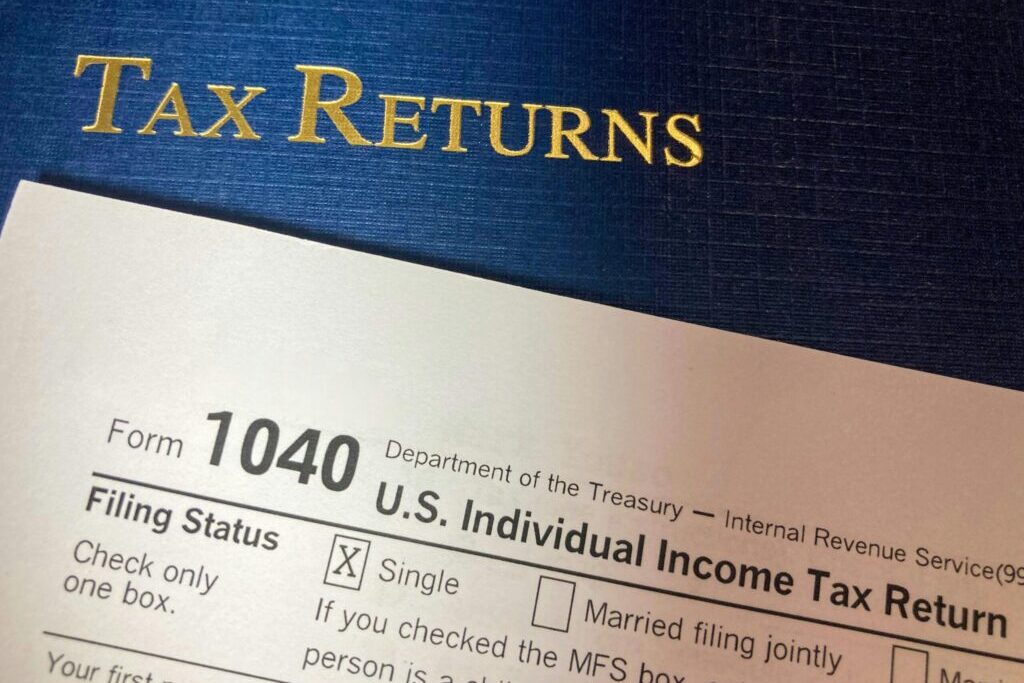
In a previous article, we mentioned the obligation of all US citizens to file a report of bank accounts held outside the US (FBAR) with the US authorities every year, provided that the accounts had a total balance of more than $10,000 on any day of the year. The issue of off-shore bank accounts has been one of the hottest topics that tax lawyers in the US have been dealing with in recent years, since the fines for not declaring deposits are particularly high.
It all started with Swiss banks, and specifically UBS, which was accused of encouraging US citizens to maintain secret accounts in Switzerland without paying taxes on the interest they earned from their deposits. After a long investigation by the US tax authorities, the US authorities have reached a settlement with the Swiss bank, which handed over the details of Americans who held deposits in Switzerland, as well as a fine of 780 million. The American Bradley Birkenfeld, a former UBS employee who gave information to the US tax authorities in this regard, received a fee of 104 million dollars from the US government. Today, the Foreign Account Tax Compliance Act, also known as FATCA, obliges banks operating outside the US to search for any Americans who hold accounts and to hand over their details to the US authorities. The impact of FATCA has reached plenty of countries outside the U.S. – recently non-U.S. banks have started asking customers who see that they have ties to the US, whether they are subject to US tax law. The US authorities hope that FATCA will eventually force Americans to declare their deposits as they owe to the US authorities.
However, many people, for various reasons, have not filed their annual FBAR returns. US law provides criminal penalties and imprisonment of up to five years for failure to file an FBAR, as well as civil penalties and a fine of up to 50% of the maximum amount each account had during each year for which a declaration was not made. In other words, the fine can far exceed the balance someone has in their account, if they have not filed returns for several years, for example.
To make it easier for those who were not consistent in the past, the US government made an amnesty program, first in 2009, then in 2011 and finally in 2012. This amnesty exempts those who enter the program from criminal or administrative penalties related to non-filing FBAR, provided that (1) The applicant entered the amnesty program before becoming a target of US authorities (2) The applicant now makes truthful statements about what he should have done in the past (3) The applicant pays an administrative penalty equal to 27.5% of the maximum balance of bank deposits held outside the US that he did not declare to US authorities. (In some cases, the fine may be lower). Those who filed honest tax returns in the US and paid their taxes properly, but did not declare their bank accounts, are exempt from the fine and do not need to use the amnesty.
For many, however, especially those who live outside the US and were not consistent in their obligations regarding the declaration of bank accounts, a fine of 27.5% on the deposits seems unrealistic. After years of protests by thousands of angry Americans living abroad, the US government announced that it would show greater leniency to those Americans who permanently live outside the US and whose non-compliance with US law was not intentional (“non-willful”). Thus, those American citizens who belong to this category can file late declarations without risking the severe fines provided for by US law.





